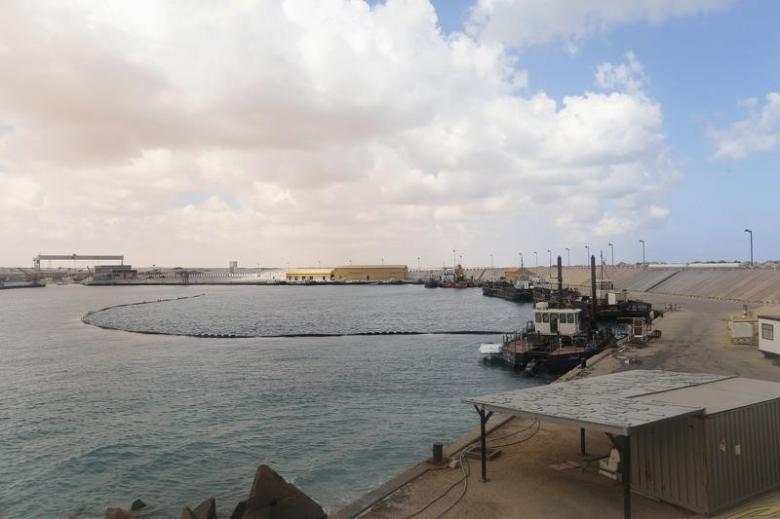Cairo- The Libyan dialogue collapsed on Saturday after the internationally-recognized parliament announced boycotting it, threatening political efforts to reach a peaceful settlement for the Libyan crisis.
Libyan oil, also, appeared on the military conflict agenda, as Libyan National Army staged airstrikes on Saturday at main oil ports to regain control over the Oil Crescent Region after losing a key oil site in the north east of Libya.
These developments coincided with militias, most probably affiliated to Libya’s National Salvation government, raided the National Oil Corporation (NOC) only hours after Mustafa Sanalla, chairman of the NOC, announced that statements issued by Khalifa Ghwell’s government do not represent the NOC.
Sanalla described this as a “cheap attempt to involve the corporation in political conflicts.” He stressed that the oil sector should be put aside and “should not become a bargaining chip in the country’s political conflicts.”
Parliament Official Spokesman Abdullah Blaiheq told Asharq Al-Awsat that 46 deputies announced boycotting the political dialogue as a protest against the attack. He held the extremist terrorist groups responsible for it.
For his part, Prime Minister of Libya’s UN-backed government Fayez al-Sarraj denied any role for it in this military escalation and affirmed that it did not issue any instructions or orders for forces to move towards the region.
NOC held an urgent meeting on Friday to discuss possible ways to protect oil facilities in the region, but no further details were given on procedures to be taken or any change in the operations in ports.
Libya’s oil product reaches 700,000 barrels per day, representing an increase compared to last year but still low with respect to its product before the revolution in 2011 when it was 1.6 million per day.
